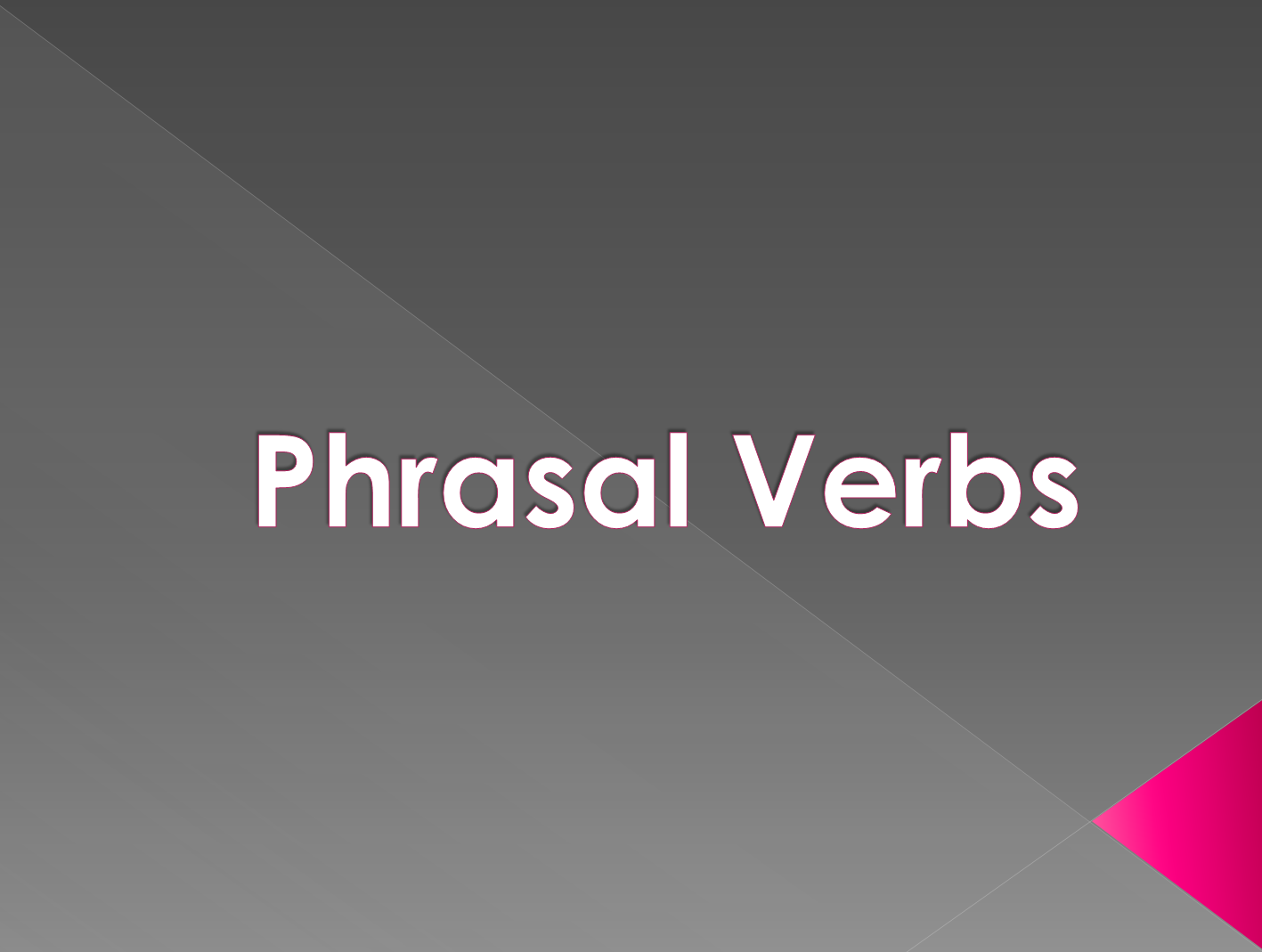
Before reading this article, make sure you fully understand the parts of speech and sentence types.
1. Noun Clauses
To put it as simply as possible, a noun clause is a clause that replaces a noun in a sentence. But perhaps it is better to think of it as replacing a subject, object, or complement instead.
Look at this sentence:
We can eat pizza.
What’s the subject? We.
What’s the object? Pizza.
Now look at this sentence:
We can eat whatever you want.
In this case, the object has been replaced by a noun clause. Instead of saying “pizza” we are saying that we can eat whatever the listener wants to eat. The underlined phrase acts as a noun. More specifically, it is the object of the verb “eat”.
Why do we Use Noun Clauses?
A noun clause takes the place of a subject, object, or complement because it expresses something that cannot be expressed by a single word noun or short noun phrase. The above example illustrates this perfectly. How could I express “whatever you want” in one single word?
Here’s another example:
What she said inspired me to enroll in university.
Here, the noun clause is the subject of the sentence. It refers to something a woman has said to the speaker. There is no way we could capture that in a single word noun.
Let’s take another example:
Steve Jobs was a genius.
In this sentence, “Steve Jobs” is the subject and “a genius” is the complement of the verb “was.” However, I could replace the subject with a noun clause:
Whoever invented the iPhone was a genius.
Here, the subject is “whoever invented the iPhone”. It suggests that we don’t know who invented it. This uncertainty is also a reason why we may want to use a noun clause. Noun clauses, then, are an integral part of the English language. They help us express ideas that are more complex than a more basic sentence would allow.
How to Recognize and Use Noun Clauses
If noun clauses act as a subject, object, or complement, then we should first look for the verb in a sentence and ask who is doing it, or what it is being done to. This can help us to locate the noun clause. Sometimes, though, we need to instead find the preposition, as a noun clause may function as the object of a preposition.
I wonder why she didn’t come to work today.
You should think about what you want to do next year.
In the first sentence, “why she didn’t come to work today” is the object of the verb “wonder”. In the second, “what you want to do next year” is the object of the preposition “about”.
You may also have noticed some similarities between the noun clauses given as examples. The two above use question words – “why” and “what” – at the beginning of the clause. This is one type of noun clause. Look for clauses beginning: who, what, where, when, why, how.
- I know why you were angry.
- I know how you did it.
- I know where you were yesterday.
- I know what they will do.
- I know who will win the race.
- I know when she will arrive.
There are also “-ever” clauses. Find words like “whoever,” “whatever,” and “wherever” to locate these clauses.
- You can invite whoever you like.
- What you want to do is fine with me.
- We can meet wherever she wants.
Next, there are clauses beginning “if” and “whether”.
- I wonder if they will call us tonight.
- Do you know whether he is still working for NASA?
Finally, there is the “that” clause. This can be the most difficult to find because in English we commonly omit the word “that”.
- She always felt (that) she wasn’t good enough.
- I know (that) you are angry with me.
- It seems (that) we are in a difficult situation.
- He believed (that) everything happens for a reason.
- My cousin told me (that) she’s going to Germany for a semester.
2. Adjective Clauses
Adjective clauses are a really important part of the English language, and mastering them can boost your IELTS writing score, improve your speaking accuracy, and even help improve your reading comprehension.
What are Adjective Clauses?
Look at this sentence and find the adjectives:
She looked sadly at the big, green, empty box.
The adjectives are: big, green, and empty. They describe the noun “box”. Adjectives give information about a noun and usually come directly in front of it. However, adjective clauses do the same but usually come right after the noun they describe.
Look at these two sentences and see how they could be condensed into a single sentence:
There is a man sitting in the corner. He is my brother.
The man who is sitting in the corner is my brother.
What is the adjective? It’s the phrase “who is sitting in the corner”. What noun is it describing? “The man”. Adjective clauses are often referred to as “relative clauses” because they begin with relative pronouns or relative adverbs such as:
- Who
- That
- Whom
- When
- Whose
- Where
- Where
- Why
- Which
How does it Work?
Generally, an adjective clause will follow one of these patterns:
- Relative pronoun/adverb + subject + verb
- Relative pronoun (as subject) + verb
As a dependent clause, it needs to have both a subject (even if, as in #2, the subject is a relative pronoun) and a verb. It should modify a noun by adding extra information about it, being placed as close as possible to the noun. To understand what it means to “modify” the noun, think about questions that may be asked: Who? What? Where? When? How? etc.
Here are some examples:
- Carol felt manipulated by her poodle, whose big, black eyes pleaded for another snack.
- constantly talking with food in her mouth is one reason why John cannot stand sitting near his sister.
- Jane’s two dogs competed for the ball that bounced across the patio.
- Laughter came from Susan, who hiccupped for the next two hours.
Note that each of these clauses is a dependent clause and needs to be joined with an independent clause in order to function properly. Standing alone, they would be considered a sentence fragment – meaning it is not a good sentence.
What do the Relative Pronouns Mean?
- Who – people as the subject of the clause
- The woman who teaches in the chemistry department is my mentor.
- Whom – people as objects or objects of the preposition
- John, whom I’ve known since primary school, is my closest friend.
- The boy of whom we’re discussing is from Slovakia.
- Which, that – things or animals
- The computer that I bought was very cheap.
- The dog, which we adopted, has settled into our family.
- Whose – denotes ownership or possession
- The girl whose father is watching from the stands is winning the race.
- When – used to show the time (can sometimes be omitted)
- I’ll never forget the time when I first met her.
- I’ll never forget the time I first met her.
- Where – marks place (can be omitted, but must be replaced by a preposition)
- The school where he teaches is very old.
- The school he teaches in is very old.
- Why – shows a reason (can also be omitted)
- No one knows the reason why he skips school.
- No one knows the reason he skips school.
3. Essential Clauses
Commas often seem confusing, but they’re really not hard to understand. (See the chapter on punctuation to find out more.) When it comes to adjective clauses, you need to consider the exact meaning of the sentence before you use a comma. Incorrect comma use can change the whole meaning!
Ask yourself if the information in the adjective clause is essential to understanding the noun, or if it is just extra information. If it is essential, then we call this an essential clause. If it is purely extra information to add more interest or flavor to the sentence, then it is a non-essential clause.
- Essential clauses are not surrounded by commas:
- The girl that spoke to us earlier is my sister.
- This is essential because otherwise we don’t know which girl.
- The house where I grew up is near here.
This is essential because otherwise we don’t know which house.
- Non-essential clauses require commas around them:
- Fran, who really likes dogs, is getting a puppy this weekend.
- The information in the clause is interesting but not necessary to understand the sentence.
- My cat, who’s always begging me for more food, is getting really fat.
Again, the information is relevant, but it is not essential to understanding the main clause.
You may also like:- Idioms and Other Expressions Used For Talking About ‘Work’
- What Are Weasel Words?
- Money and Finance – Test Your Knowledge
- Phrasal Verbs, Idioms and Other Expressions Using ‘CUT’
- How to Say Time in English
- Idioms and Other Expressions Used For Talking About Money
- Shopping and Consumerism – Match the Correct Name
- Phrasal Verbs – Choose the Correct Verb
- Currency Markets – Choose The Best Words
- Personal Qualities – Use the Best Nouns and Adjectives








